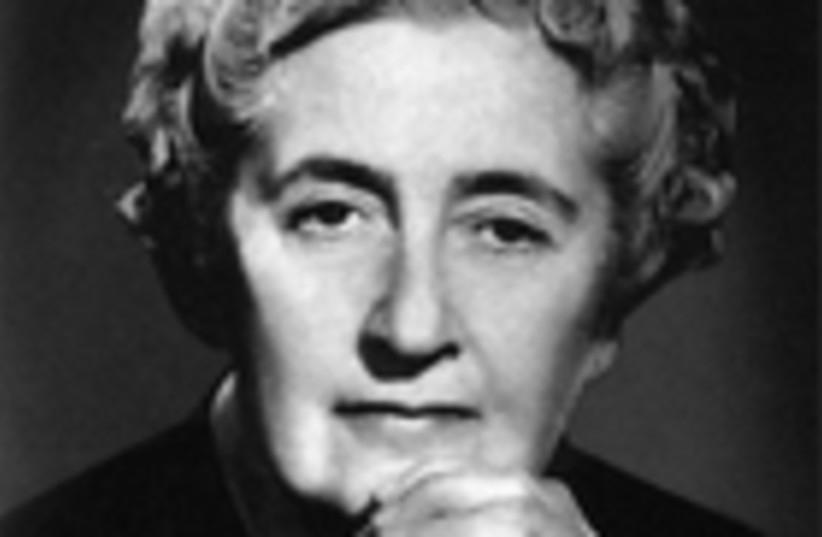On this 60th anniversary of the death of Louis Ferdinand Auguste Destouches (aka Céline), a debate on a newly found cache of his manuscripts raises the question of their antisemitic content.
Can Céline be judged in the same manner as three other bigoted laureates?
1) Agatha Christie (1890-1976), a veritable library of murder by the creator of Hercule Poirot, whose Jewish characters are “hooked-nosed and money-grabbing,” was condoned by the critics as representing English “reflex antisemitism.”
On a prewar Middle East tour, the German ambassador to Iraq told her that “all the Jews of Britain should be exterminated.” To her credit, her recalling the event in her memoirs and the postwar evidence of the Holocaust saw also a toning down of new Jewish characters. There was, however, no such change in British publication, while her US publishers deleted such passages.
2) T.S. Eliot (1888-1965): Many critics argue that “Eliot’s relative antisemitism is one thing, his poems are another.” He never showed an Agatha Christie type of postwar remorse. He admired the Vichy France antisemitic author – a vehement nationalist and Christian fundamentalist – Charles Maurras.
An example: “My house is a damaged house and the Jew squats on the windowsill... The rats are underneath the piles. The Jew is underneath the lot.”

3) Roald Dahl (1916-1990) admitted his antisemitism in an interview with The Independent just before he died. The Royal Mint refused to mark the 100th anniversary of his birth “as he was associated with antisemitism.” In December 2020, the Dahl family apologized for his “history of antisemitism,” one may suggest 30 years too late.
Abraham Foxman, then-director of the Anti-Defamation League, told The New York Times in 1990: “Talent is no guarantee of wisdom. Praise for Mr. Dahl as a writer must not obscure the fact that he was also a bigot.”
Dahl in action: “There is a trait in the Jewish character that does provoke animosity, maybe it is a kind of lack of generosity towards non-Jews... even a stinker like Hitler didn’t just pick on them for no reason” (New Statesman).
4) Céline (1894-1961), a country doctor and writer, early on became pro-Nazi, calling for an alliance with Germany “to save France from the Jewish hegemony.” In 1941, he was an informant, in shock that “Germans did not exterminate French Jews.”
The French great writer Baudelaire had claimed that “literature and arts pursue an aim independent of morality.” Thus Céline, viewed as “a latter-day Baudelaire,” is read with admiration despite his novels being replete with Jew-hatred.
In 2017, the French government called on his publisher, Gallimard, to refrain from reprinting the worst of the texts.
A cache of unpublished manuscripts, comprising some 6,000 papers, was revealed by a former journalist of the French left-of-center newspaper Libération. Now in the public domain, there are two distant family claimants for what is assessed at many thousands of dollars.
In 1944, Céline and his wife fled a liberated Paris to the German Sigmaringen Castle, an enclave to host the French Vichy government in exile – including Marshal Philippe Pétain, prime minister Pierre Laval and other collaborators.
All were to be sentenced in France as traitors... but not Céline and his spouse, who moved on to Denmark. Arrested, he would continue to write in jail. Eventually, returning to Paris, where he was exonerated, his files disappeared. Now that they have resurfaced, Gallimard has announced their eventual publication, which may include at least three antisemitic novels, and other documents will follow.
We believe that Gallimard has a public obligation to remove all language that incites against Jews and to use the sales profits for an endowment to educate and combat all forms of bigotry and hatred.
Moreover, Roald Dahl’s family apology, 30 years after his death, coincides with a billion-dollar contract with Netflix. We believe the same generosity should apply.
The writer is director for international relations of the Simon Wiesenthal Center.
